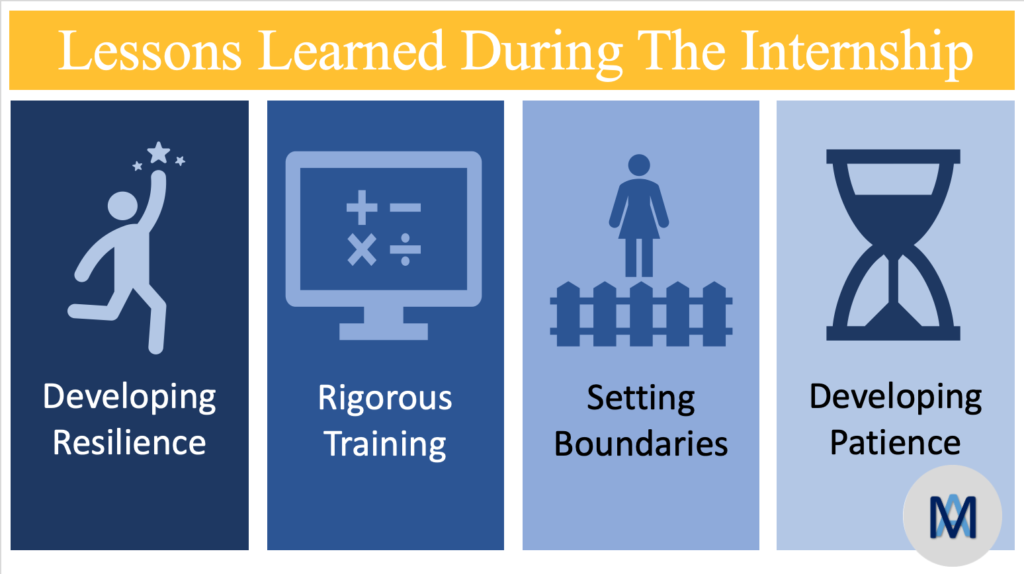I was pumped to start interning at a clinic, and get to know how clinical practice in psychology takes place. Little did I know how I would react to seeing clients at the clinic.
Starting off, I had a lot of enthusiasm and was driven to make change with therapy, and see patients get better, and see their complaints and symptoms reduce. I believe therapy is about marginal improvements. However that also means that therapy is a process that demands patience and perseverance on the part of the therapist and the client. It was a particular challenge to get this across to the client.
You see a client and, you see a spectrum of change and hope for betterment. I had a rush of ideas and expectations from therapy of a particular client. He presented good prognosis, the Physician I interned with and I charted out the treatment plan, anticipating an upward recovery graph. All of this came crashing down when we the client stopped coming in after the initial two sessions. Discontinuing therapy and abruptly doing so, was quite disheartening for me.
This comes from a psychologist in the making, not fully trained yet- and does have a naive undertone. While I reflected on this, I realise how burnouts and compassion fatigue aren’t things limited to textbooks. Psychology and psychotherapy is a highly “emotionally taxing” profession. There are so many factors that are personal triggers to a psychotherapist, which can have an impact on the formulation, perception, and treatment of the Case. The ability to keep the bias away is one skill that must be sharpened for any healthy therapeutic alliance to be fruitful. The internship was an eye opener, and an opportunity to process how the discussions and syllabus of the classrooms translates into the professional arena.
